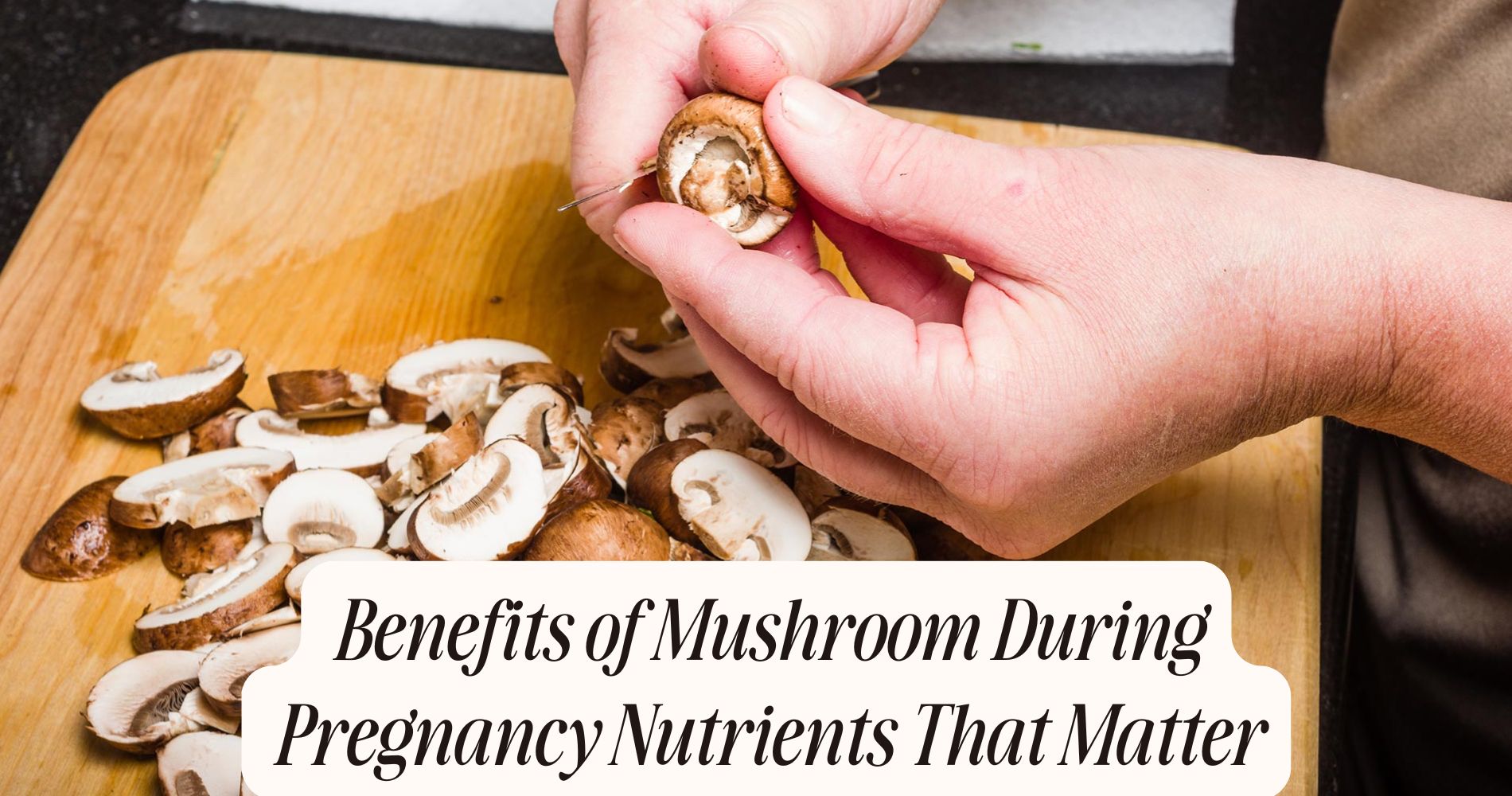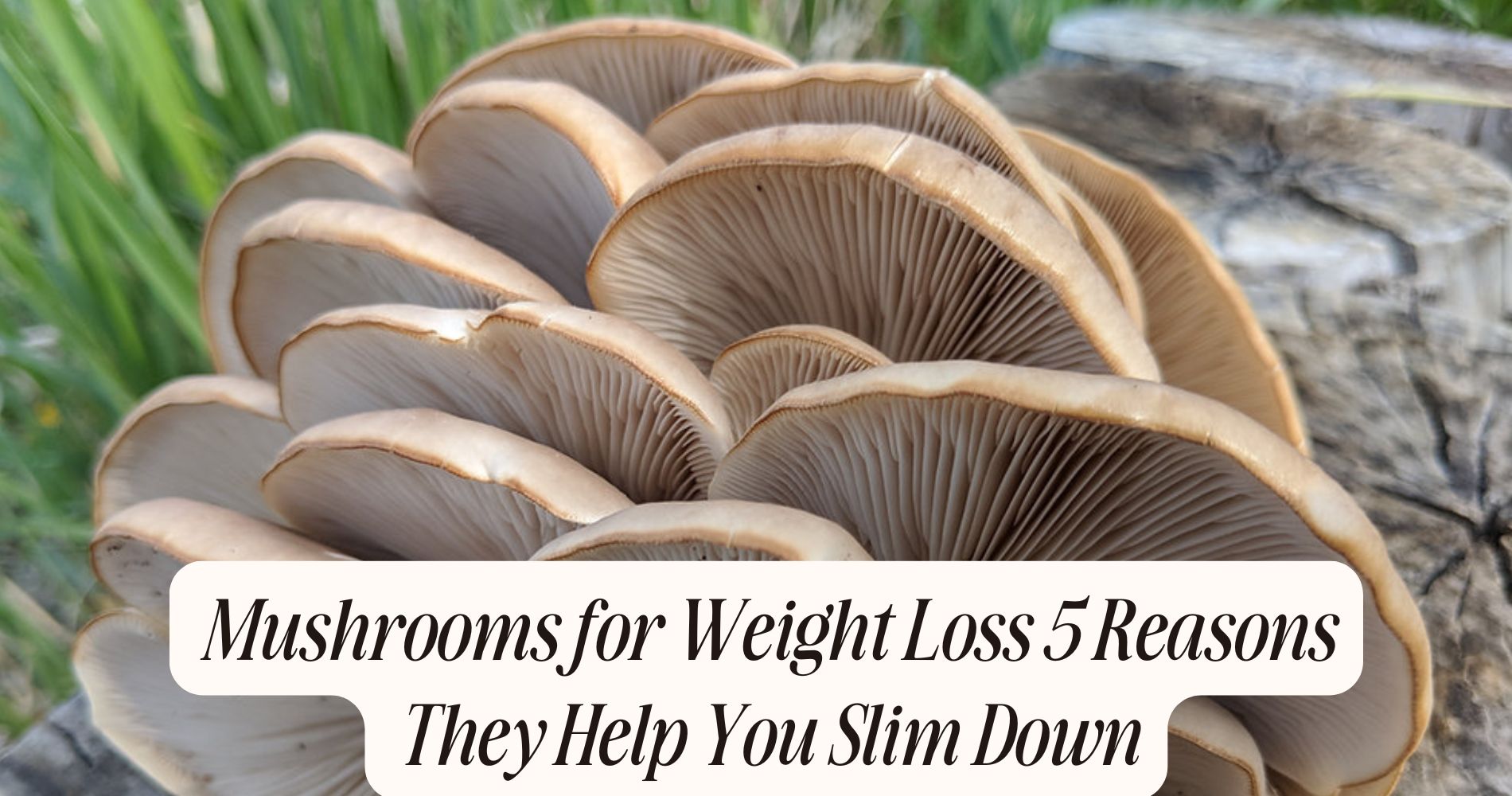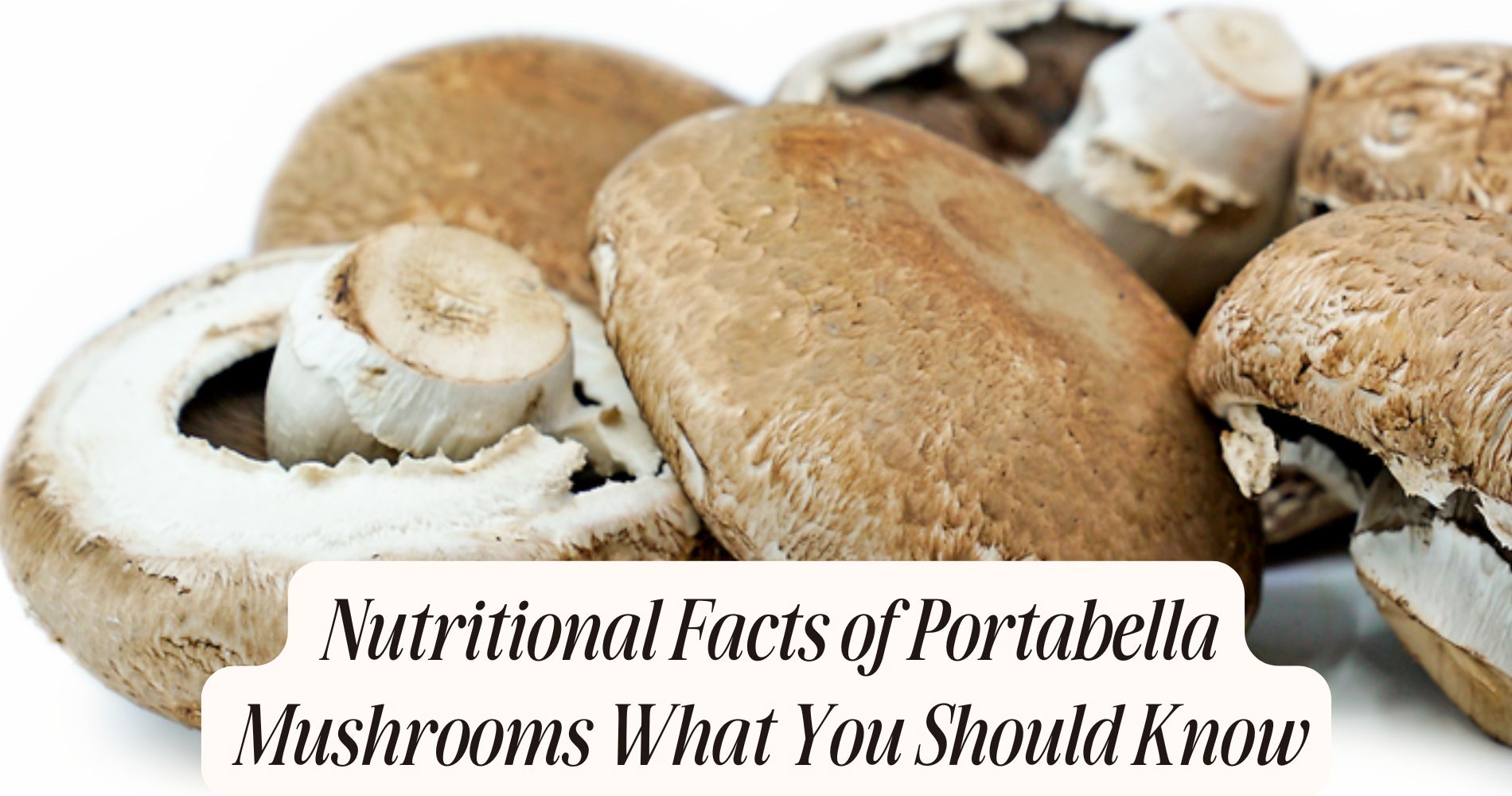
Benefits of Mushroom During Pregnancy Nutrients That Matter
During pregnancy, prioritizing foods rich in vitamins and minerals is essential for supporting both maternal health and fetal development. Among the many superfoods available, the benefits of mushroom during pregnancy are often overlooked. Mushrooms provide essential nutrients like B vitamins, vitamin D, selenium, and plant-based protein—all of which contribute to a healthy immune system, energy levels, and proper growth. Understanding the role of mushrooms in prenatal nutrition can help you make informed choices to nourish your body and your baby. Ready to explore their full potential? Let’s dive in.
Nutritional Profile of Mushrooms
Mushrooms are a nutritional powerhouse, packed with essential vitamins and minerals that can support a healthy pregnancy. Various mushroom varieties, such as shiitake, portobello, and cremini, offer unique nutritional benefits.

These fungi are low in calories yet high in protein, making them an excellent choice for maintaining energy levels. They’re rich in B vitamins, which are vital for fetal development, and provide important minerals like selenium and potassium, supporting overall health.
Additionally, mushrooms contain antioxidants that can help combat oxidative stress. Including a variety of mushrooms in your diet can enhance your nutrient intake, ensuring you and your baby receive the essential nutrients needed for a healthy pregnancy.
Enjoy them in soups, stir-fries, or salads for a delicious boost!
Immune System Support
When it comes to supporting your immune system during pregnancy, incorporating mushrooms into your diet can be a smart choice.
These fungi are rich in nutrients that enhance your immune response, helping you and your baby stay healthy. Mushrooms contain beta-glucans, which are known to stimulate immune activity and improve the body's defense mechanisms.
Their rich antioxidant content also combats oxidative stress, further supporting your immune system. Additionally, the fungal benefits include various vitamins and minerals, such as selenium and vitamin D, which play vital roles in immune function.

Vitamin D and Bone Health
While you're managing the complexities of pregnancy, guaranteeing adequate vitamin D intake is important for both your health and your baby's development.
Vitamin D plays a significant role in calcium absorption, which is crucial for bone health. Without enough vitamin D, you might struggle to meet your calcium needs, leading to potential complications for both you and your baby.
Incorporating mushrooms into your diet can be an excellent natural source of vitamin D, helping you maintain ideal levels. Additionally, consider discussing pregnancy supplements with your healthcare provider to confirm you’re meeting your vitamin D requirements.
Balancing these nutrients will support your bone health and contribute to your baby's strong skeletal development. Prioritize this important nutrient for a healthier pregnancy journey.
B Vitamins for Energy and Metabolism
Incorporating B vitamins into your diet is essential during pregnancy, as these nutrients play an important role in energy production and metabolism.
B vitamins, including B1, B2, B3, B5, B6, B7, B9, and B12, work together to convert food into energy, ensuring you have the stamina needed for your growing body. They also support the metabolism of proteins, fats, and carbohydrates, making them critical for both your health and your baby's development.

Foods rich in B vitamins, such as mushrooms, whole grains, and leafy greens, can help meet your nutritional needs. By focusing on these nutrients, you’ll not only boost your energy metabolism but also promote overall wellness throughout your pregnancy.
Antioxidant Properties
Mushrooms are a rich source of antioxidants, which can be particularly beneficial during pregnancy. These powerful compounds help combat free radicals—unstable molecules that can cause cellular damage and contribute to various health issues.
By incorporating mushrooms into your diet, you gain significant antioxidant benefits that support your immune system and overall health. Research indicates that antioxidants play a significant role in reducing oxidative stress, which is essential for both you and your developing baby.
Maintaining a balanced intake of antioxidants can also promote better fetal development. So, adding mushrooms to your meals not only enhances flavor but also provides valuable nutrients that help protect your body during this critical time.
Embrace these benefits for a healthier pregnancy journey!
Fiber for Digestive Health
In addition to their antioxidant properties, mushrooms also offer a significant source of dietary fiber, which is essential for maintaining digestive health during pregnancy.
Fiber helps regulate your digestive system, promoting gut health by preventing constipation, a common issue during pregnancy. By incorporating mushrooms into your diet, you can enhance the effectiveness of digestive enzymes, which break down food and improve nutrient absorption.
This not only aids in digestion but also guarantees that both you and your baby receive essential nutrients. Furthermore, a fiber-rich diet can help manage weight gain and reduce the risk of gestational diabetes.
Iron Content and Anemia Prevention
While many expectant mothers focus on increasing their intake of iron-rich foods to combat anemia, mushrooms can be an excellent addition to this strategy due to their remarkable iron content. They provide a plant-based source of iron that's important for enhancing iron absorption, especially when combined with vitamin C-rich foods.
Including mushrooms in your diet can help prevent anemia symptoms like fatigue, weakness, and dizziness. Additionally, their unique nutritional profile supports overall health during pregnancy.

Regularly incorporating mushrooms into meals not only boosts your iron levels but also adds flavor and variety. As you prepare for your baby's arrival, consider mushrooms as a delicious way to guarantee you're getting the nutrients you need for a healthy pregnancy.
Selenium and Its Role in Pregnancy
Selenium plays an essential role during pregnancy, as it contributes to the development of the baby’s brain and immune system.
This significant mineral helps protect cells from oxidative stress, supporting overall health for both you and your baby. Adequate selenium intake is linked to a lower risk of complications like preeclampsia and thyroid issues.
You can find selenium sources in foods such as Brazil nuts, seafood, and whole grains. Incorporating these into your diet guarantees you receive sufficient selenium.
Understanding selenium functions can help you appreciate its importance during this critical time. Just remember, maintaining a balanced diet rich in essential nutrients is key to supporting your pregnancy and your baby's development.
Mushrooms as a Natural Source of Protein
Mushrooms offer a valuable source of protein, making them an excellent addition to your pregnancy diet. While many expectant mothers seek meat alternatives, mushrooms provide a low-calorie option packed with essential nutrients.
They're not only rich in protein but also contain crucial amino acids that support your baby's growth and development. Incorporating mushrooms into your meals can help meet your protein needs without the saturated fats often found in traditional protein sources like red meat.
Additionally, the fiber in mushrooms aids digestion, an important factor during pregnancy. By choosing mushrooms, you diversify your diet while ensuring you and your baby receive the necessary nutrients for a healthy pregnancy.
Incorporating Mushrooms Into Your Diet
If you're looking to boost your diet during pregnancy, incorporating mushrooms can be both easy and delicious. These versatile fungi can add flavor and nutrition to various meals.
Start by following dietary guidelines that recommend including a variety of vegetables. You can toss sautéed mushrooms into salads, stir-fries, or pasta dishes.
Try simple mushroom recipes like creamy mushroom risotto or mushroom soup to enhance your meals. Additionally, consider adding them to omelets or pizzas for a healthy twist.
Always make sure you wash them thoroughly and cook them properly to maximize their benefits. Embracing mushrooms in your diet not only satisfies your taste buds but also provides essential nutrients needed during pregnancy.
A Convenient Boost for Moms-to-Be
If you're seeking an easy way to enjoy the benefits of mushrooms during pregnancy, SUPER MUSHROOM GUMMIES by Well Gummies offer a delicious and convenient solution. Packed with 10 functional mushroom types, these vegan gummies support immunity, focus, and natural energy—perfect for navigating the demands of pregnancy. With a fresh wild berry flavor and zero crash or jitters, they’re a smart addition to your wellness routine. Always consult your healthcare provider before use during pregnancy.
Frequently Asked Questions
Are All Mushroom Types Safe to Eat During Pregnancy?
Not all mushroom varieties are safe during pregnancy. You should consult reliable sources to understand their nutritional content and potential risks. Stick to well-known types like button or portobello mushrooms for safety and health benefits.
How Should Mushrooms Be Prepared for Pregnant Women?
You should enjoy mushrooms sautéed or grilled to enhance their flavor and guarantee they’re safe. Cooking thoroughly eliminates potential bacteria, making sautéed mushrooms or grilled mushrooms a nutritious addition to your meals during pregnancy.
Can Mushrooms Cause Allergic Reactions in Some Pregnant Women?
Yes, mushrooms can cause allergic reactions in some pregnant women. If you experience pregnancy symptoms like itching, swelling, or difficulty breathing after consuming mushrooms, it's essential to consult your healthcare provider for guidance and possible testing.
Are There Any Potential Side Effects of Consuming Mushrooms During Pregnancy?
Consuming mushrooms during pregnancy can pose risks if you choose unsafe varieties, leading to mushroom toxicity. Always opt for well-known, safe types, and consult with your healthcare provider to guarantee you're making the best choices.
How Many Servings of Mushrooms Are Recommended During Pregnancy?
You should aim for one to two servings of various mushroom varieties each week during pregnancy. Typical serving sizes include about one cup of cooked mushrooms, ensuring you enjoy their nutritional benefits safely.
Conclusion
Incorporating mushrooms into your pregnancy diet can provide essential nutrients that support both you and your baby. Their rich profile of vitamins, minerals, and protein helps boost your immune system, prevent anemia, and promote bone health. With their low calorie count, mushrooms are an excellent choice for maintaining energy levels while ensuring proper fetal development. Consider adding a variety of mushrooms to your meals to enjoy these benefits and enhance your overall well-being during this important time.




